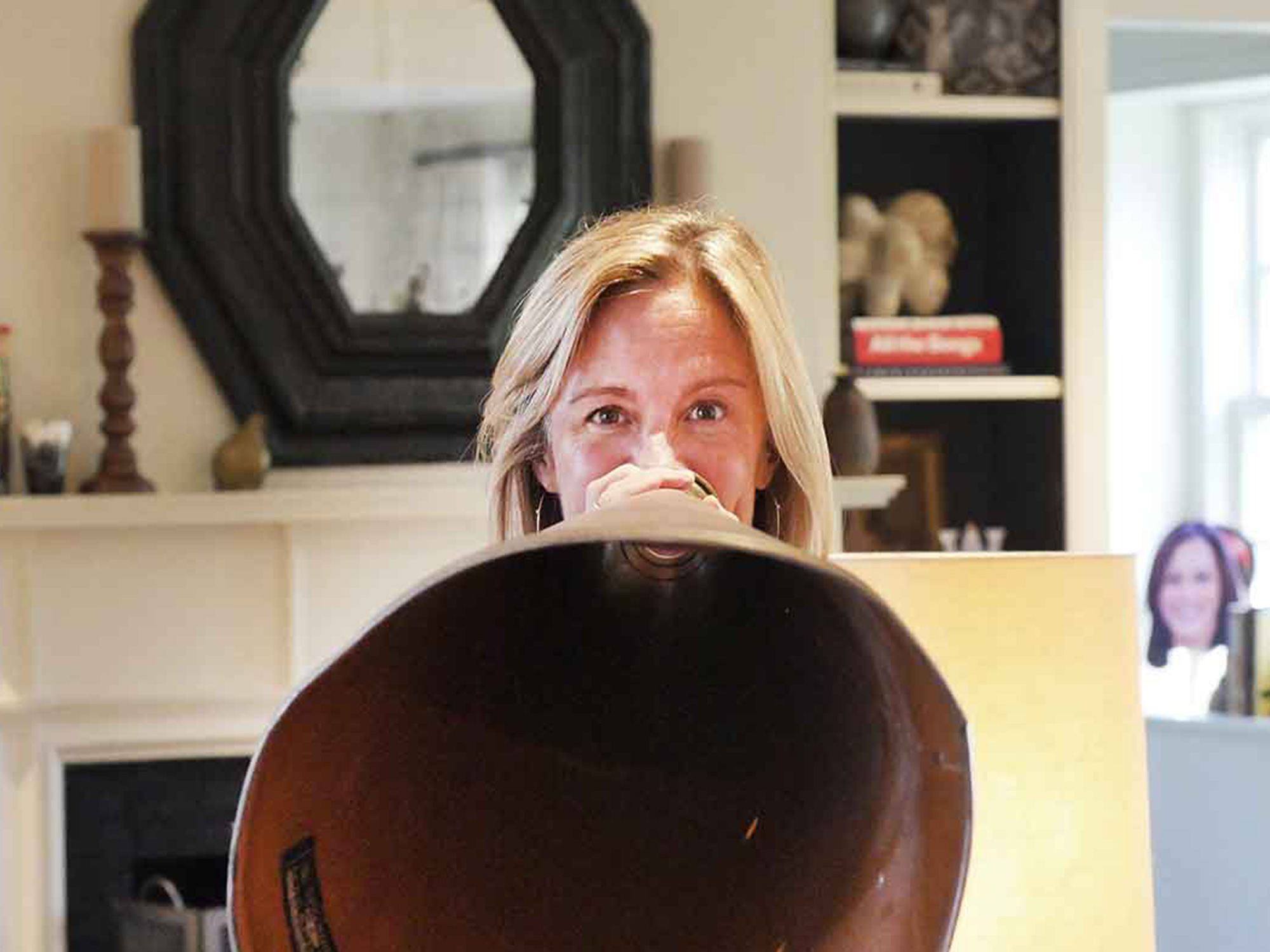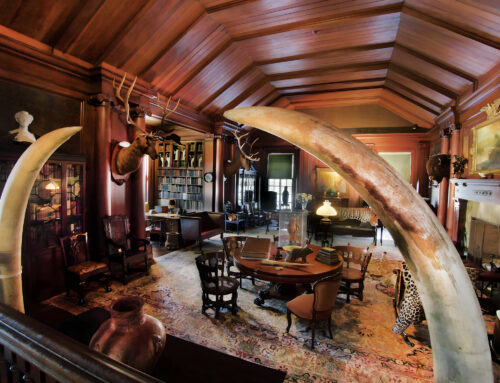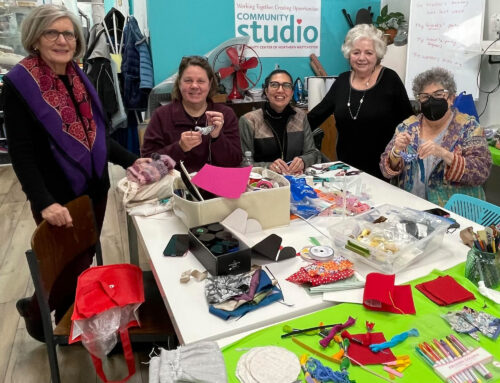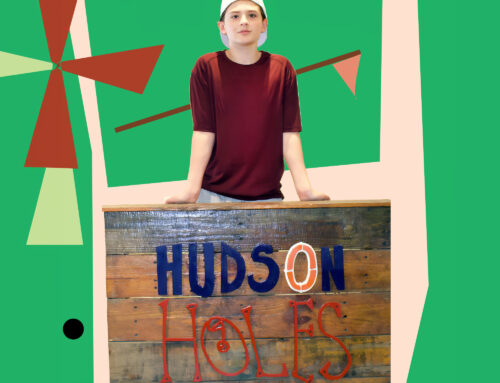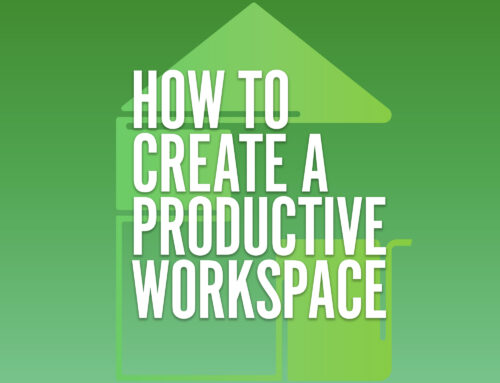When Waccabuc resident Dyllan McGee graduated from Trinity College, she wanted to be the next Katie Couric. A theater major who didn’t want to become an actress, she assumed that being a broadcast news journalist was similar – it’s sort of like acting, right?
“I applied for a job with the ‘Today Show,’ and I did some sort of camera test,” she remembers. “I was terrible. And when the woman nicely rejected me, she said she wanted to give me some advice that she often gives people – go work for a small production company. She explained that when you work for a small place, you can quickly get immersed. She told me I should try documentaries.”
McGee wasn’t sure she wanted to be a filmmaker, but she decided to take the advice and give it a try. Through a family connection, she landed a summer internship with filmmaker Peter Kunhardt where she transcribed interviews and digitized footage for a documentary about television’s greatest interviews.
“It was a special for CBS, and I fell in love with documentary filmmaking,” she says.
Since then, she’s won two Emmys, two Peabodys, six Webbys, a Matrix Award, a Planned Parenthood award, and more. She’s worked with everyone from Gloria Steinem to Oprah Winfrey and now calls Katie Couric a friend. But, she says, “I’m very much an accidental filmmaker.”
“I worked my way up at Kunhardt Films, eventually becoming a partner,” she continues. “Then in 2015, I broke out on my own and created McGee Media.”
With the help of her husband Mark Weigel, who became CFO after the first year and who she says is her true partner in everything (parenting included), McGee has made it her mission to produce films that inform, inspire and make an impact.
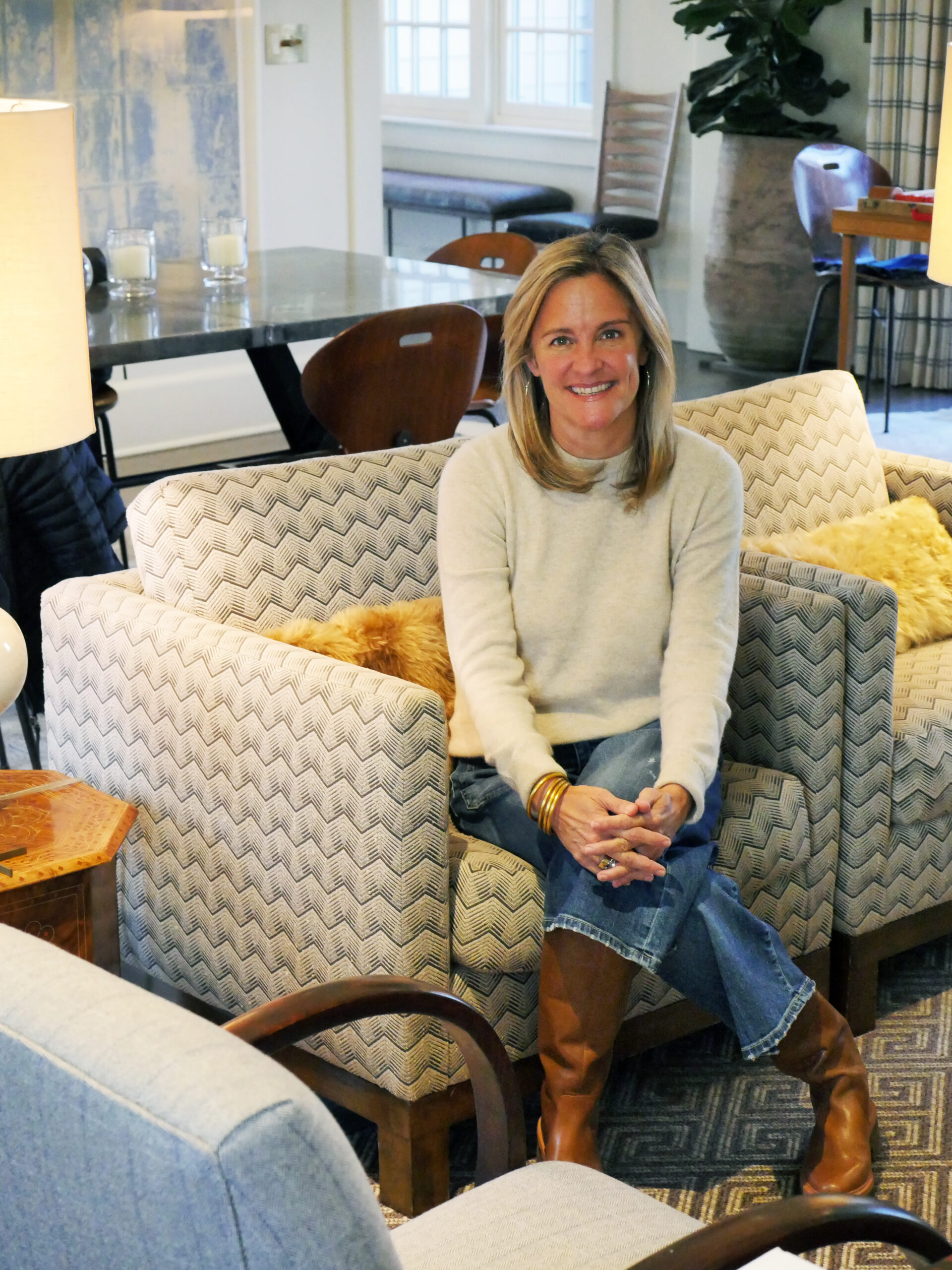
Putting Down Roots
About 20 years ago, McGee was introduced to Harvard professor Henry Louis Gates, Jr. (a.k.a. Skip Gates) by an editor at Oxford University Press. They were both working on projects with that editor – hers was a documentary based on the children’s book series “Freedom: A History of US,” and his was a book series titled “The African American National Biography”– and the editor thought Gates’ series might make a good documentary. That meeting did more than make an introduction – it changed McGee’s life, setting her on a path to create the top-rated PBS series “Finding Your Roots.”
“Skip is an irresistible character – we met and instantly hit it off,” she remembers. “He says his favorite story is that one night, he got up to pee and came up with the idea for our series, ‘Finding Your Roots.’ We knew we didn’t want to do a boring biography series, and we were thinking about how we could tell stories of African Americans in an interesting way. At the time, Skip was involved in a lot of work around DNA and mapping the human genome. So, when he got up to pee in the middle of the night, he thought, ‘How do we bring DNA and biography together?’ And then it occurred to him: What if we sit down with famous African Americans and we tell them their genealogy? Let’s see what their DNA tell us about them. It could take us deeper into where African Americans came from and their roots.”
Originally, their series was called “African American Lives,” but after a few years, Gates received a letter from a woman that prompted them to rename the show.
“The letter said, ‘I love your series, ‘African American Lives,’ but forgive me if I call you a racist. Why do you only profile African Americans?’ So, we went to PBS and suggested that we broaden the show. We changed the name of the show to ‘Finding Your Roots,’ and we took a Noah’s Ark approach: we profiled two Jews, two Asians, and it’s evolved from there.”
This wasn’t McGee’s first or only venture into creating films centered on the African American community. She’s also produced a multipart series titled “Frederick Douglass” for HBO, along with numerous other series for PBS, including “The Black Church,” “Reconstruction,” “Black America Since MLK,” “Making Black America: Through the Grapevine,” and more.
And although she’s not African American, McGee’s work has been well-received by the community. Part of this is due to her collaboration with Gates, who she says has taught her so much and is a true partner in this work.
“Without Skip, it wouldn’t be my place to tell these stories, but I’ve never felt like an outsider,” she says. “I’m very conscious about making sure that we work with diverse filmmakers, especially on our African American history series – those are almost always led by a Black filmmaker. I’m always conscious of making sure that we are inclusive in everything that we do.”
The other reason, she says, is due to her beliefs about inclusion – beliefs she’s held since childhood. She remembers sitting down, hand-in-hand with her classmates, at The Day School in Manhattan singing “We Shall Overcome.”
“Civil Rights was always ingrained in me, and I’ve always been inspired by African American history and racial equality,” she explains. “I want to use my privilege as a white woman to shed a light on African American history. I believe that African American history is American history, and these are stories that everyone needs to know. That’s how I’ve always approached it.”
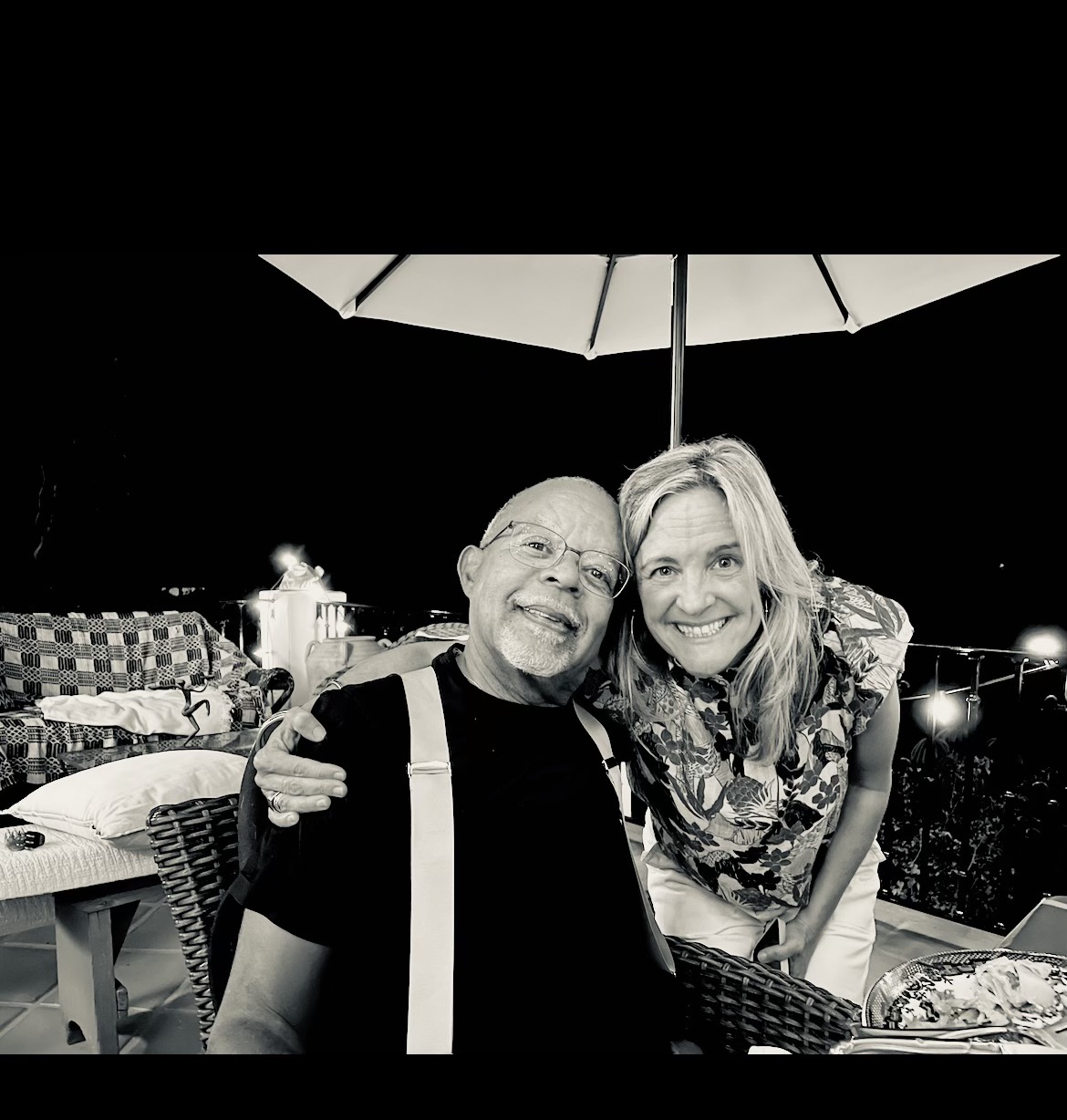
Making MAKERS
McGee is also the founder and executive producer of MAKERS, a women’s media and live events brand designed to accelerate the women’s movement. This, says McGee, was another accident. She never intended to build a large, globally-recognized platform to elevate women – it was simply what she needed to do to fulfill her dream of telling one woman’s story.
“I wanted to do a film on Gloria Steinem for HBO,” she explains. “I got HBO behind the idea, and then I went to Gloria. I said, ‘I have great news. We’re going to do a film on your life for HBO.’ Gloria immediately responded, ‘No. You can’t tell the story of the women’s movement through the story of one person. I don’t want it to just be my story.’ Gloria believed that there were hundreds of women’s stories out there that had never been told, and they needed to be told. She didn’t want those lost to history. So, the punch line is that I basically created MAKERS to do the HBO film on Gloria.”
McGee and Steinem came up with a plan: YouTube was gaining popularity, so they decided to create short videos on 100 groundbreaking women and upload them to YouTube. This, they believed, would “fill the void of women’s stories.” But first, they needed funding.
“It probably took four plus years to raise money for the project,” McGee remembers. “Gloria and I were knocking on doors and trying to raise money. And finally, AOL came on board and said, ‘Not only do we want to fund the project, but why don’t we build a brand?’ And I thought, ‘Build a brand? Documentary filmmakers don’t build brands – that’s too commercial.’ But being an entrepreneurial documentary filmmaker, I thought about it a little more and said, ‘Okay, let’s do it. Let’s build it.’”
That project grew from 100 videos to over 500 videos on the MAKERS YouTube channel today. McGee has also created nine documentary films (two of which have been nominated for Emmys – “I’m the Susan Lucci of documentary filmmaking,” she says) and produces an annual conference in Los Angeles that reaches over 20 million people worldwide via video. The event brings high-powered corporate women and men together with the goal of advancing diversity and inclusion in the workplace. Everyone from Gloria Steinem, Katie Couric and Anita Hill to Jennifer Aniston, Olivia Wilde, John Legend, Jada Pinkett Smith and Eva Longoria have spoken at the conference.
“We’ve had celebrities and unsung heroes on the stage of the MAKERS conference,” she says. “Regina Wilson, one of the greatest Black female firefighters in New York City who was on the ground at 9/11, spoke at our conference.”
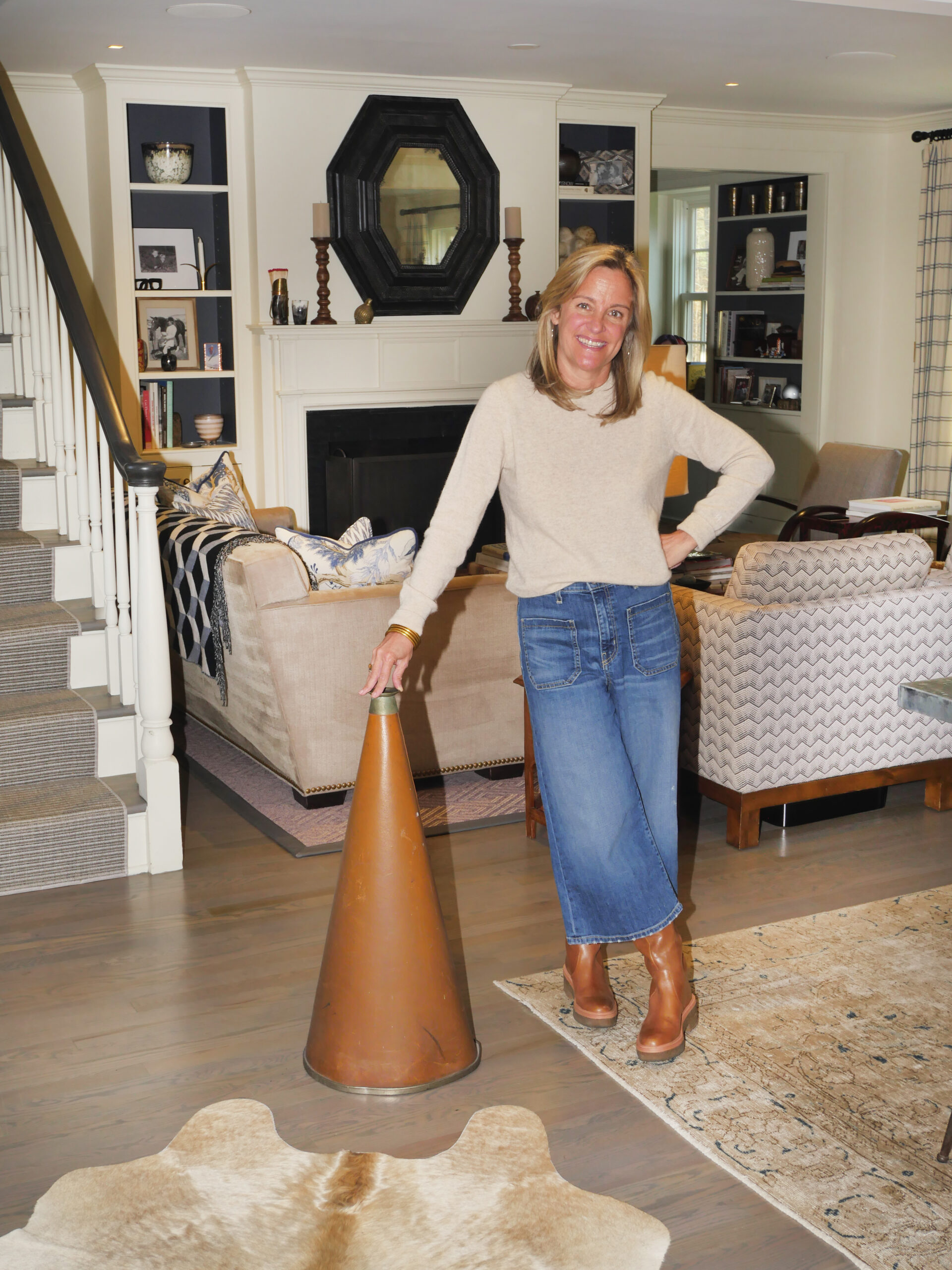
All of McGee’s work is done with a singular goal in mind: “producing content that inspires a fairer and more equitable world.” The “Finding Your Roots” series, which begins its ninth season on January 3, is a perfect example.
“You know what’s amazing and exciting to me,” she asks. “Is that at the end of the day, a show like ‘Finding Your Roots,’ just proves that we’re all immigrants and we’re all related. When you look at the human genome, we’re 99.99 percent the same, despite our apparent physical differences. In a country that is so divided right now, this series is showing how connected we really are. And what’s even more exciting is that it’s also considered popular entertainment.”
“I’m at a phase in my career right now where I’m excited to think about how we can use these stories and messages of connection, social justice and equality to actually bring us together and not divide us,” she continues. “And I think ‘Finding Your Roots’ does that. It shows people’s appreciation for our differences and our stories, and it shows how similar we are at the same time. I really hope that this series, and all the work I do, is a vehicle for bringing people together.”
And yet, there is one dream she has yet to realize: producing the Academy Awards.
“I’ve watched it every year of my life, and I have always been fascinated by it,” she explains. “I’m a producer, and I love producing live events. Producing the MAKERS conference is one of my all-time favorite things. I think it brings together my theater side with my documentary film side –it’s storytelling on a stage. And I just feel like nobody’s watching award shows anymore, and I’d love the shot to think out of the box and do it in a new way.”
Any of our readers have a connection at the Television Academy Foundation? Asking for a friend.
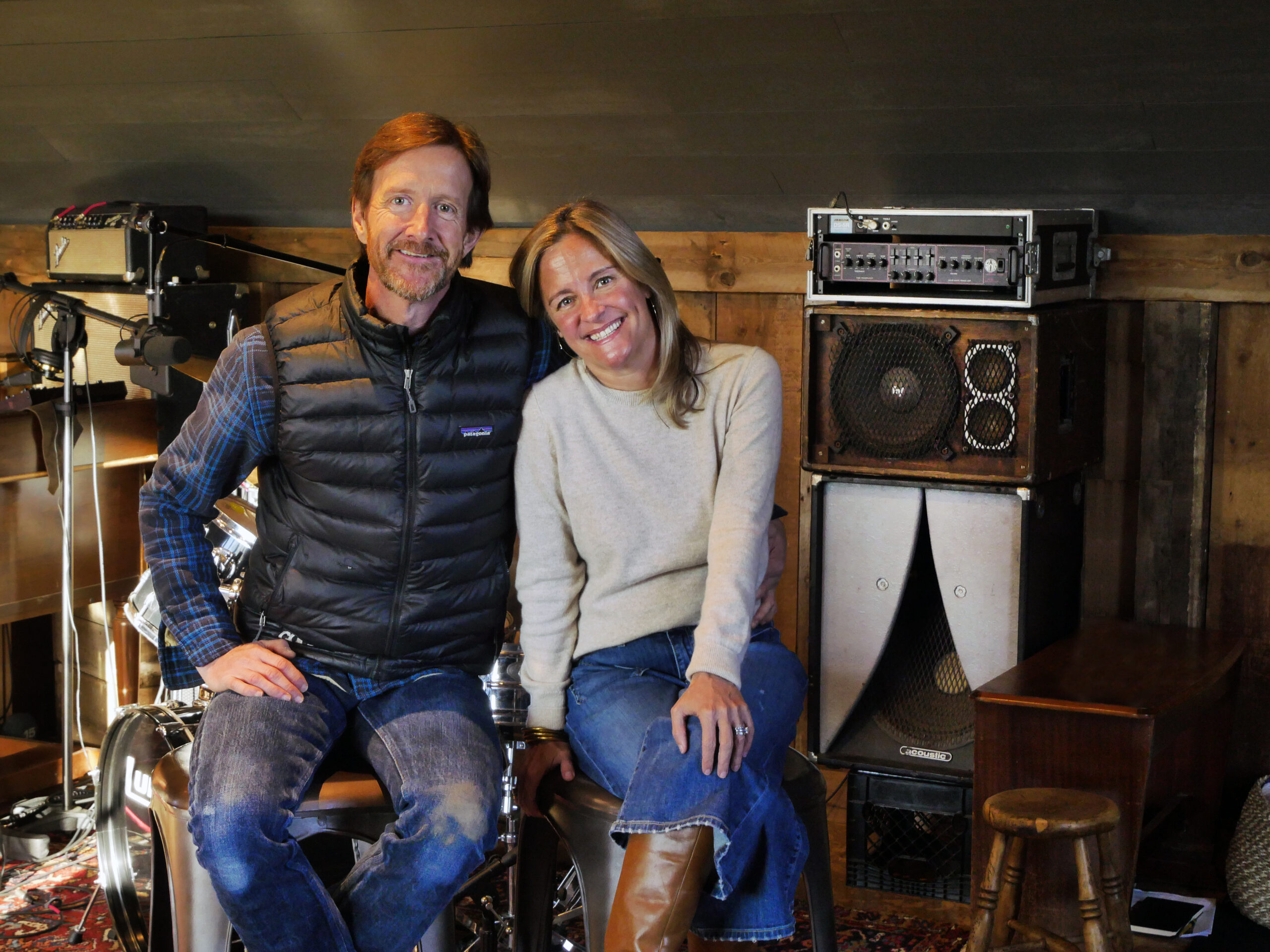
This article was published in the January/February 2023 print edition of Katonah Connect.
Gia Miller is an award-winning journalist and the editor-in-chief/co-publisher of Connect to Northern Westchester. She has a magazine journalism degree (yes, that's a real thing) from the University of Georgia and has written for countless national publications, ranging from SELF to The Washington Post. Gia desperately wishes schools still taught grammar. Also, she wants everyone to know they can delete the word "that" from about 90% of their sentences, and there's no such thing as "first annual." When she's not running her media empire, Gia enjoys spending quality time with friends and family, laughing at her crazy dog and listening to a good podcast. She thanks multiple alarms, fermented grapes and her amazing husband for helping her get through each day. Her love languages are food and humor.


